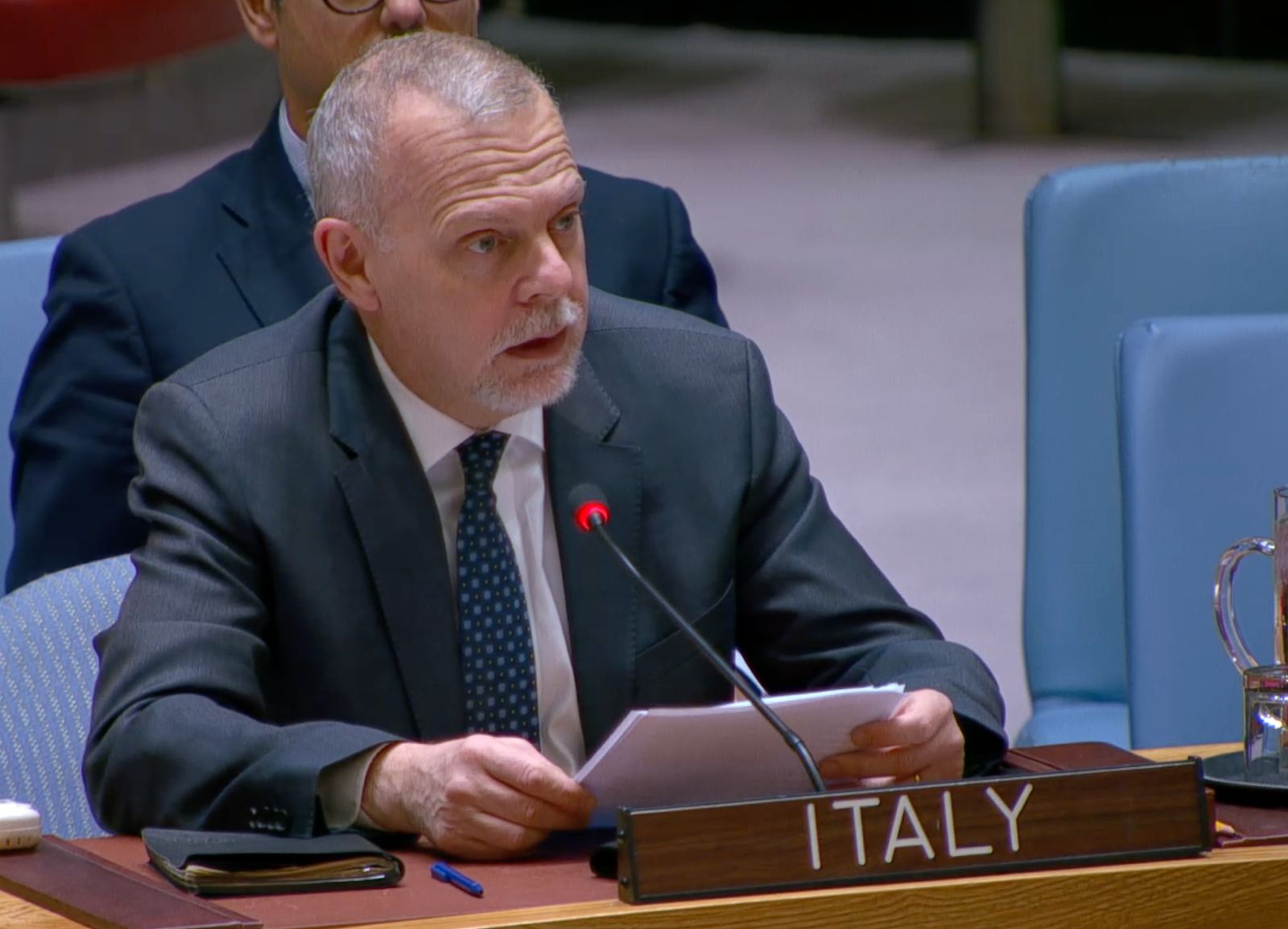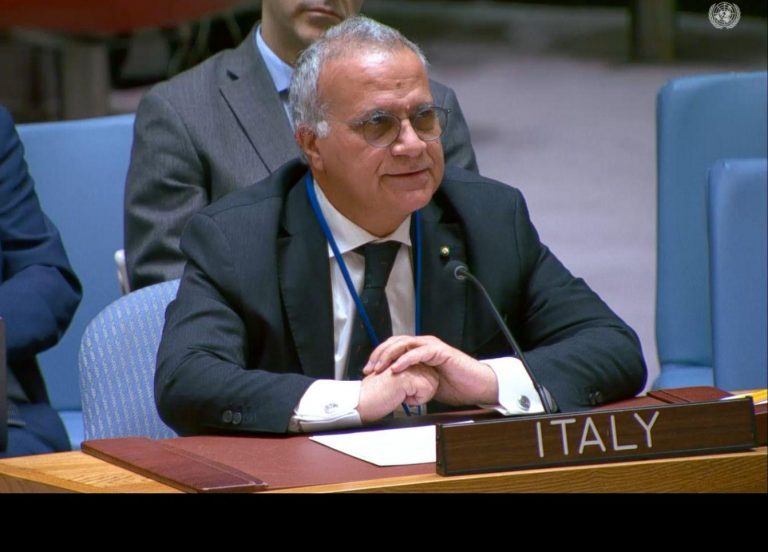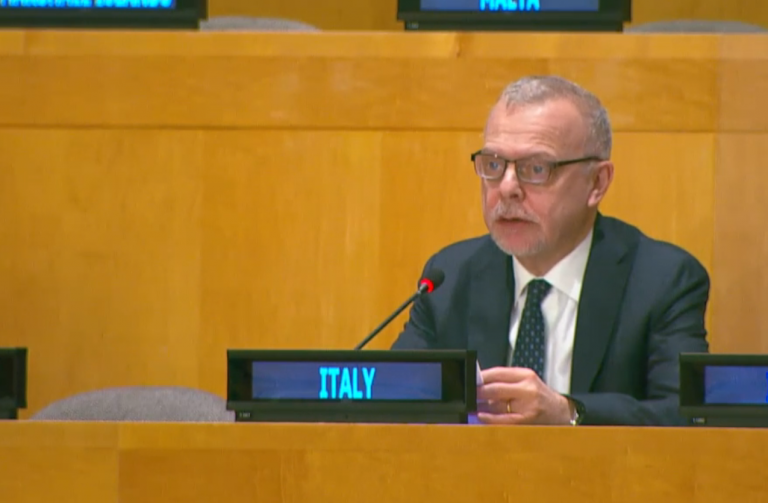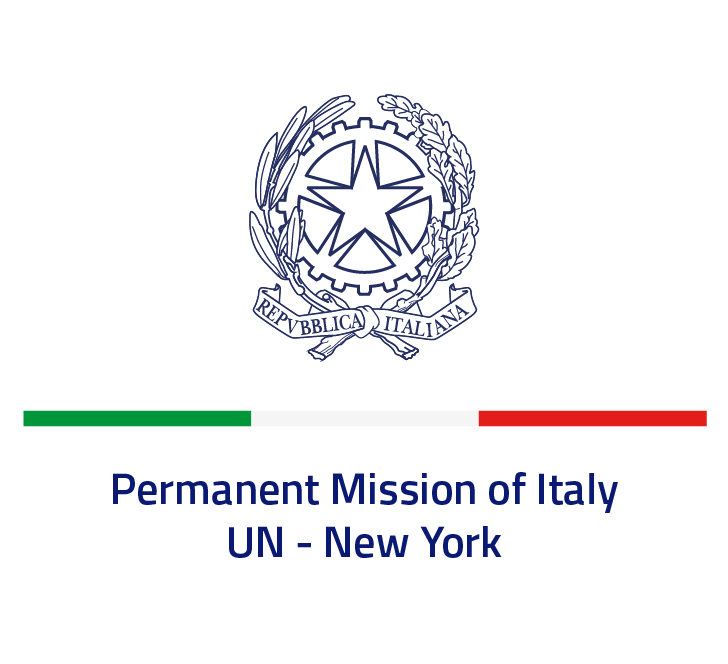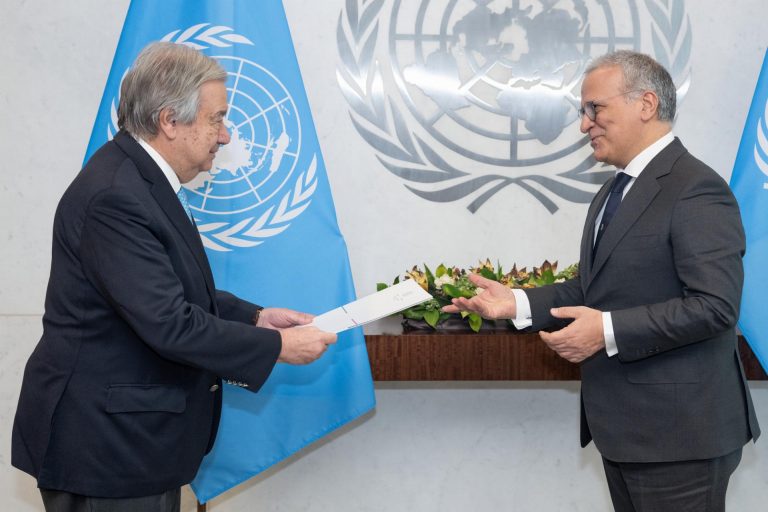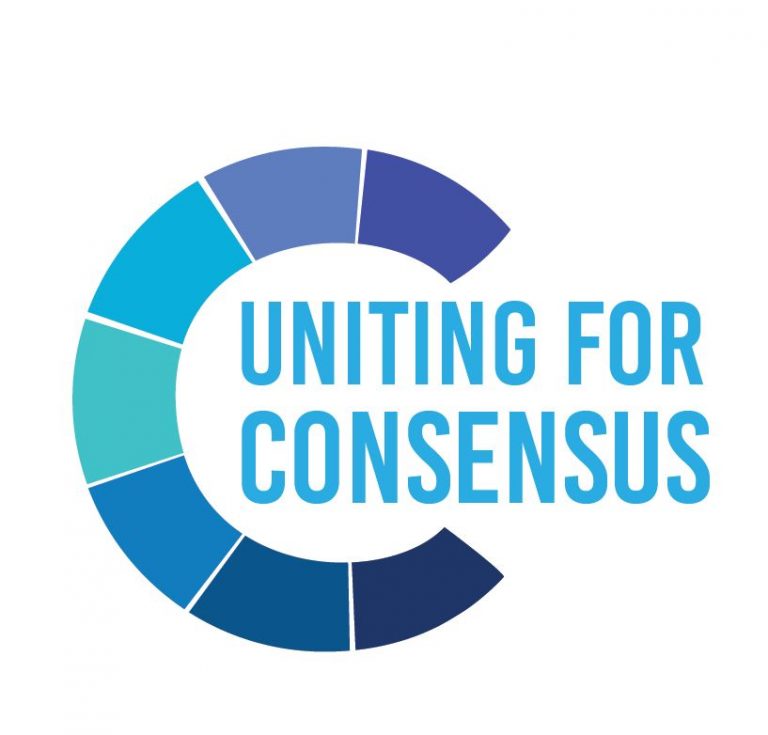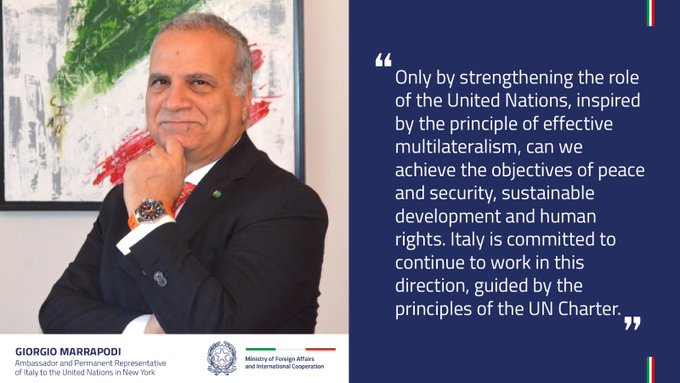Mr. President,
Thank you for convening this timely open debate, which provides a valuable opportunity to identify concrete ways to make the Council’s work more effective, transparent and representative. We are firmly convinced that a more functional Security Council is essential to strengthening multilateral cooperation and restoring public confidence in the United Nations.
In this regard, working methods – the vehicle through which the Council exercises its mandate – must continue to evolve in order to enhance the Council’s ability to fulfil its primary responsibilities.
The deep divisions among Council members have significantly hampered the Council’s ability to manage many of the pressing crises on its agenda, and in this context working methods have sometimes been used to advance political objectives rather than to improve the Council’s transparency and effectiveness. Conversely, establishing informal understandings on recurring matters could allow members to save time and focus on substantive issues, improving the overall functioning of the Council.
Furthermore, the delay experienced this year in appointing subsidiary body chairs and penholders clearly pointed to the need to explore practical solutions to avert a similar impasse in the future. Last year’s note by the President of the Security Council on its Working Methods emphasizes that members with relevant expertise, regional perspectives, experience chairing subsidiary bodies, and specific interests can add value as penholders. A clearer process could help the implementation of this commitment.
In this context, we underline the importance of ensuring that permanent and non-permanent members operate on as equal a footing as possible. We are convinced that the distribution of duties among the Council Members should be fairer and more balanced in order to allow E10 to contribute even more. Moreover, it is essential that views and interests of Member States concerned by any matter on the Council’s agenda be heard and taken into account in its work.
Looking ahead, the upcoming selection process for the next Secretary General further underscores the need for inclusive and predictable working methods, in order to ensure transparency in this sensitive processes.
Mr. President,
Improving working methods must also be viewed in the wider context of a comprehensive and meaningful reform of the Security Council, aimed at making it more transparent, democratic, efficient and more accountable to the broader membership. It is difficult to address working methods without recognizing at the same time the root causes of the Council’s recurrent paralysis, which are directly linked to the veto, regardless of whether it is actually used or simply threatened.
For this reason, Italy supports all initiatives that seek to impose self-limitations on the use of veto, as the French-Mexican initiative and the ACT Code of Conduct, and proudly co-sponsored the “veto initiative”. This is also one of the main reasons why we do not support the expansion of the category of Permanent Members, which would inevitably generate additional vetoes. Such an expansion would undermine the effectiveness of the Council, besides creating further discrimination and divisions among its members and reducing its inclusiveness and accountability.
Finally, to strengthen the authority of the Council, Italy reiterates the importance of fully applying Article 27.3 of the UN Charter, according to which any member of the Council involved in a dispute, including the Permanent Members, should abstain from voting on decisions pertaining to that situation.
I thank you.







